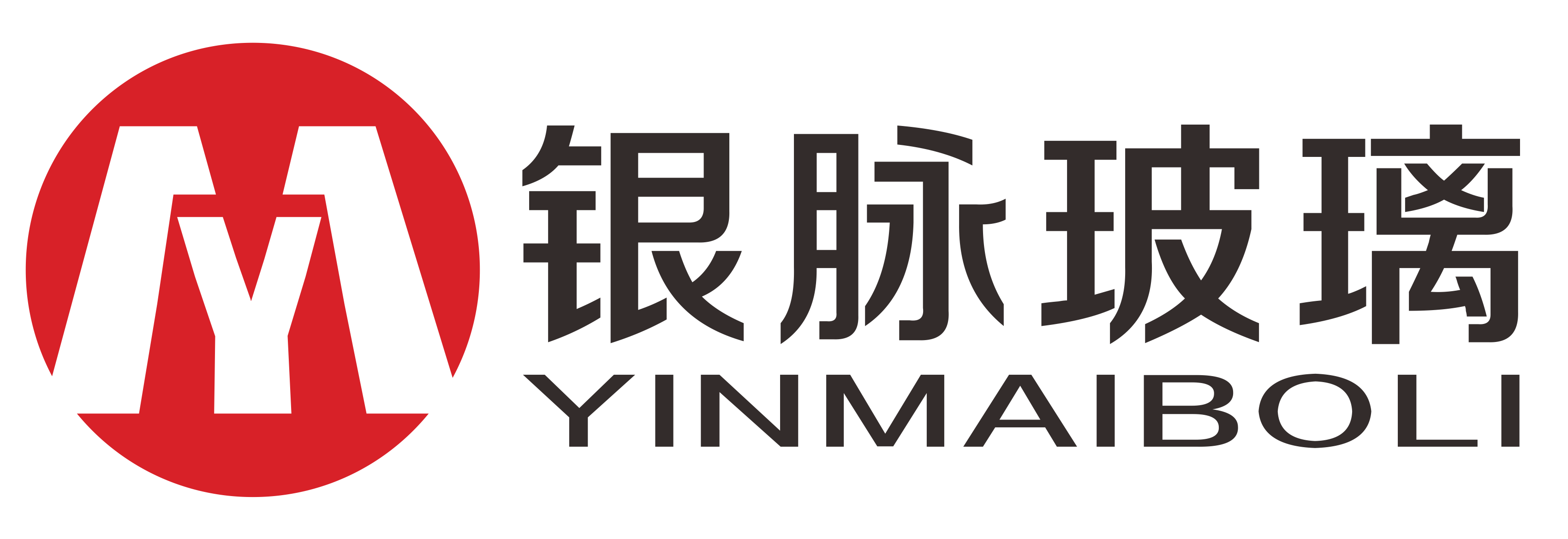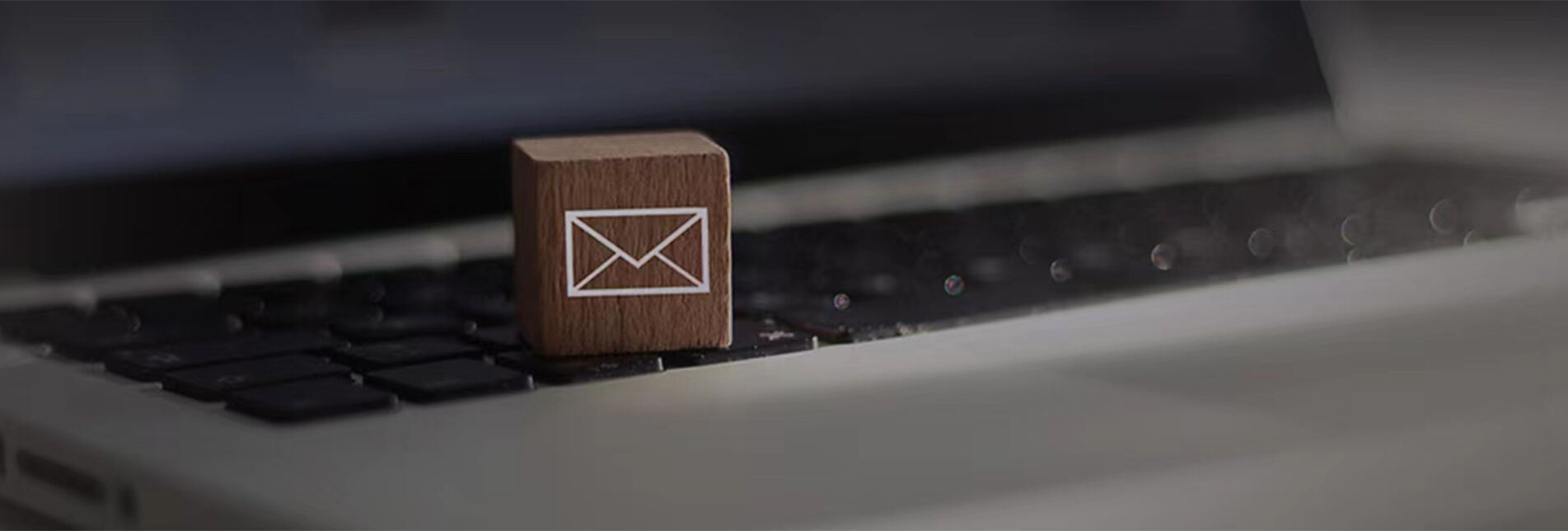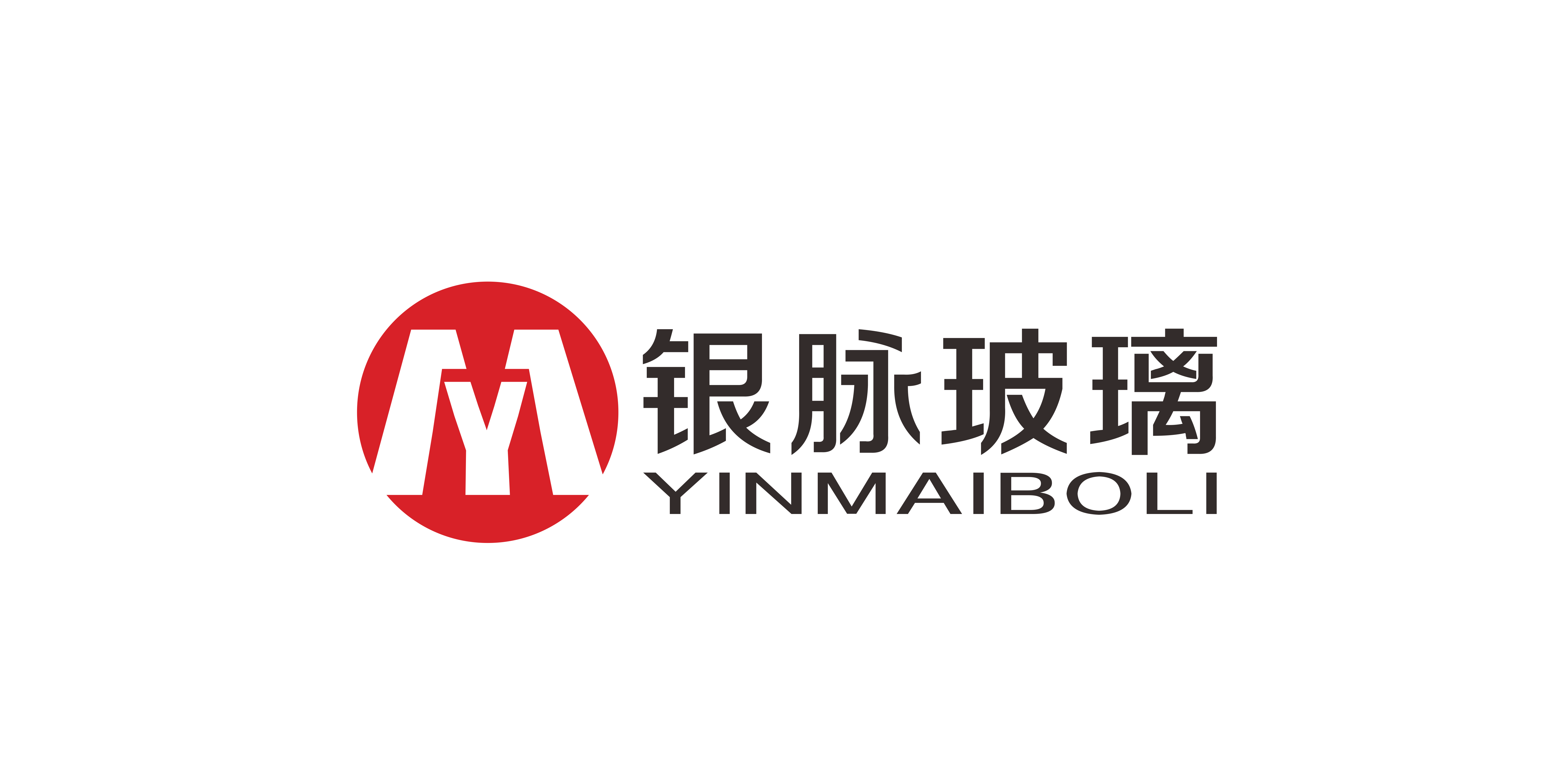Орчин үеийн дусаагууртай тосон бууз: B2B захиалгат үйлчилгээ ашиглан томоохон хэмжээгээр худалдан авах
Чанартай, эрүүл мэндийг хангасан барааны талбайд сүрэлт ойролцоох тос, лосьон, цаасны эликсирүүд дэлхийн хэмжээнд урт хугацаагаар гоёл чимэгтэй холбоотой болсон. Энэ салбарт ажилладаг брэндүүдийн хувьд баглаа боодол нь зөвхөн сав чангар биш, харин бүтээгдэхүүний туршлагын чухал хэсэг, мөн брэндийн илэрхийллийн нэг хэсэг юм. Гуанчжоу Иньмай Шилэн Барааны ХК-д бид зогсохгүй хөгжих, томруулах боломжтой, брэндингийн хамт шилэн дусаагуур тосны хайрцгуудыг экологийн хувьд илүү сайн санал болгодог бөгөөд массовоор худалдан авах боломжтойгоос гадна B2B-ийн өргөтгөсөн захидалтын үйлчилгээг санал болгодог.
Тээврийн хэрэгсэл: Яагаад шилэн дусаагууртай сав вэ?
Баглаа боодлын сонголт нь брэндийн үнэт зүйлсийн талаар их зүйл хэлдэг. Манай шилэн дусаагууртай савнууд нь анхааралтай брэндүүдэд тохиромжтой сонголт учраас дараах давуу талуудыг санал болгодог:
Бүтээгдэхүүний бүрэн бүтэн чанар: Шил нь нэвтрүүлэх чанаргүй бөгөөд идэвхгүй тул натурал, хүчтэй тос болон лосьоны чанар, үнэр аль хэзээ ч бохирдохгүй, үр дүнтэй байдлыг эхний дуслаас эцсийн дусал хүртэл хадгалж үзнэ.
Орчин үеийн үүрэг хариуцлага: Дахин боловсруулах, дахин ашиглах боломжтой шил нь бүтэн баглаа боодолын загвар юм. Энэ нь нэг удаа ашигладаг пластмассаас харьцангуйгаар орчин үеийн нөлөөллийг ихэд бууруулдаг бөгөөд таны брендийг дэлхийн зах зээл дэх тэгшитгэлтэй хөгжилтэй нийцүүлнэ.
Нарийвчлалтай хэрэглээ: Оруулсан дусаагуур нь хэрэглэгчид шаардлагатай хэмжээний чухал бүтээгдэхүүнийг нарийвчлан хэрэглэх боломжийг олгох бөгөөд хаягдалыг багасгаж, шаардлагатай ашиглах горимын элегант, удирдамхай мэдрэмжийг сайжруулна.
Ердийн стандартын цомгоос давах: B2B-ийн захидалчуулалтын хүч
Бидний бүлэг нь таны барааны савалт ч гэсэн үнэ цэнэтэй гэдгийг ойлгодог. Бидний B2B өөрчлөлтийн үйлчилгээ нь энгийн хайрцагийг онцлог брендийн бараа болгон хувиргадаг.
Шилний өнгө ба гадаргуу: Гэрлийн мэдрэг найрлагатай бэлдмэлүүдэд тохиромжтой, цэвэр, шаргал-ногоон, кобальт ногоон, мөн захидалт өнгөнүүдээс сонгоно уу. Таны брендийн дүр төрхийг бүрэн илэрхийлэхэд зориулан цаасан, мат, мөн хөлдүү гадаргууг сонгоно уу.
Усны дусаагч ба таг бэхэлхийн захидалт: Дусаагч ба тагийг алт, мөнгө, түргэн зэвэрдэггүй алт зэрэг янз бүрийн гадаргуутай болгох болон таны брендийн дүр төрхтэй нийцүүлэн өөрчлөх боломжтой.
Брэндийн онцлог: Лого болон загварыг тод, цэвэрхэн илэрхийлэхийн тулд скрин хэвлэлт, халуун тэмдэглэл, лазерын тэмдэглэл зэрэг дэвшилтэт брэндийн аргуудыг бидний баг санал болгодог.
Нийлүүлэлтийн Их Хэмжээний Стратегийн Давуу Тал
Үр дүнтэй ажиллахыг хүсч буй B2B харилцагчдад томоохон хэмжээгээр авах арга нь илүү их давуу талуудыг санал болгодог:
Зардал-Үр Ашиг: Их хэмжээгээр худалдан авах нь нэгжийн өртгийг эрс бууруулдаг тул ашгийн хэмжээг нэмэгдүүлж, бизнесийн бусад чиглэлд илүү их санхүүгийн хөрөнгийг чиглүүлэх боломжийг олгоно.
Нийлүүлэлтийн Гинжин Баталгаажилт: Чанартай бүтээгдэхүүний баглаа боодолг тасралтгүй, найдвартай эх үүсвэрийг хангаж, бүх бүтээгдэхүүний цуглуулга нийлүүлэлтийн хөтөлбөртэй зохицож, үйлдвэрлэлийн явц тасралтгүй байхыг баталгаажуулна.
Орчин үеийн Орчны Нөлөөний Багасгалт: Их хэмжээний захидалтад нэгтгэсэн үйлдвэрлэл болон тээвэрлэлт нь хайрцаг тутамд ноорших нүүрстөрөгчийн хийн гарцыг бууруулдаг бөгөөд маркийн туршлагын тэгш хандлагыг илүү ихээр дэмжиж өгдөг.
Нэгдмэл Брендийн Туршлага
Бидний орчныг хамгаалах дусаагуур савнуудын уян хатан байдлыг бүхий л цуглуулга, бүтээгдэхүүний хооронд гэнэн нийцүүлэн ашиглах боломжийг олгоно. Эдгээр нь Лосьоны шилэн сав, мөн шилэн хувин ба ампул цуглуулгатай гэнэн хослох бөгөөд таны брендийн нэгдсэн түүхийг илэрхийлэх, натурал, байнгын болон загварын бүтээгдэхүүний цуглуулгийг бий болгоход тусална.
Сав баглаа боодлын амжилтын түлхүүр болох Yinmai-тэй хамтран ажиллаарай
Guangzhou Yinmai Glass Products Co., Ltd.-д бид зөвхөн үйлдвэрлэгчээс илүү их зүйл болохыг хүсдэг; бид таны стратегийн сав баглаа боодлын хамтрагч юм. Таны санааг бодитой болгох үндсэн мэдлэг, өндөр чанар, мөн уян хатан шийдлийг бид санал болгодог.
Тэгш ашиглалт, масштаблах чадвар болон брэндийн нэрний танихуйг хамтад нь хүлээн зөвшөөрөх. Бидний орчин үеийн тохиромжтой дусаагуур шингэний савыг сонгоод, томоохон хэмжээгээр худалдан авах, B2B хувийн тохируулгын шийдлийг ашиглан нээлттэй зах зээл дээрх брэндээ өргөжүүлээрэй.




